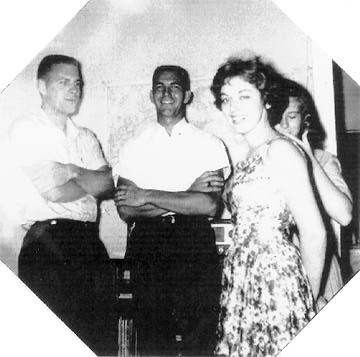

I have not listed all the YA winners of the ethnic caucus awards. I have concentrated mainly on ALA Youth Media Awards. I wish I could do the same for those with disabilities, but I could only find titles that reflect the characters disabilities. I’ve included #ownvoices from authors of color, Native Americans and LGBT+ authors. Simply put, this is a 50 year timeline of significant diverse young adult books. I’ll be adding earlier works while I discover important gems during the era on the timeline. This makes young adult literature sound awfully white, doesn’t it? It’s not! The following timeline paints the past 50 years with outstanding diverse contributions. Seventeenth Summer by Maureen Daly was probably the first book published specifically for teens in the US and it released in 1942. However, books with teen characters that were enjoyed by teen readers were published throughout the 20 th century. I’m suggesting we consider other ways to measure progress.įor the past year or so, there has been an observation of the 50 years of young adult literature as someone arbitrarily decided that the publication of The Outsiders should be the anniversary of young adult literature.

While it’s important to look for more books, that cannot be all we track. In fact, they ignore quality because that’s what numbers do.

While these numbers are extremely significant, they lull is into a deficit framework that simply states we don’t have enough books by Native Americans and People of Color and, the low numbers simply call for more numbers, not better books.

The suggestion that a marginalized artist wins an award for the sake of affirmative action.|a A sixteen-year old black girl's first celebration of Kwanza gives her a sense of the past and strength to deal with her troubled mother and her own blindness.Right now, there are two things that bother me.


 0 kommentar(er)
0 kommentar(er)
